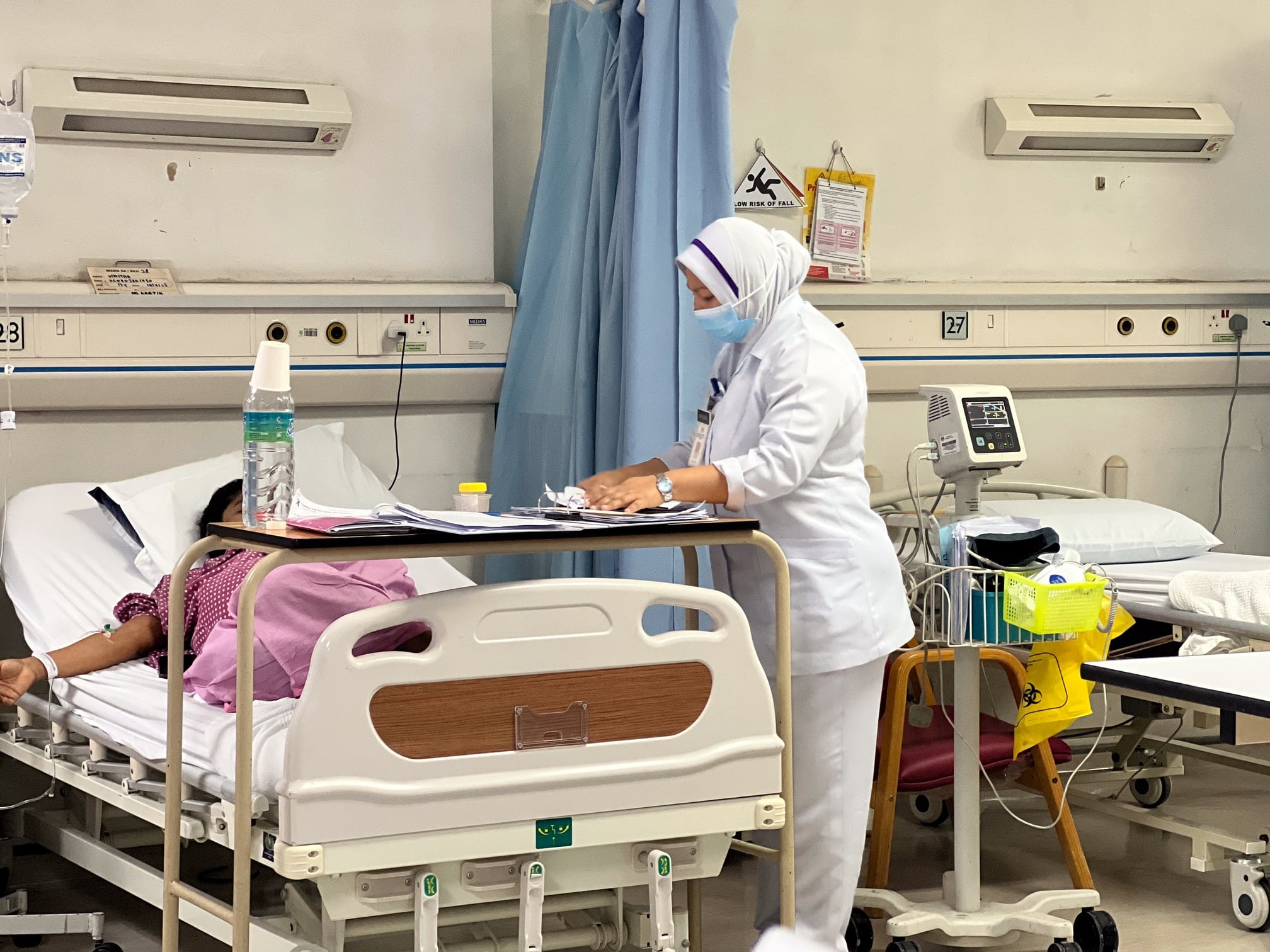Recent statistics from the Ministry of Health (MOH) revealed that Malaysia boasts 115,230 nurses, resulting in a ratio of one nurse to 283 people. This ratio lags behind the World Health Organization’s (WHO) target of 1:225.
The nursing field demands a profound dedication to continual learning. This commitment is pivotal not only to elevate care quality but also to ensure patient safety, better health outcomes, and to stay attuned to the ever-evolving health care environment.
Malaysia does offer avenues for professional growth in nursing. Prominent among these are advanced nursing courses, specialized care seminars, and tech-enhanced training modules. Yet, barriers like cost, geographic location, and time often obstruct access to these beneficial resources.
One notable challenge to professional development is the demanding nature of nursing.
Extended shifts, cumulative work hours, and the emotional rigours of patient care often deplete energy reserves, relegating additional learning to the background.
Delays in accessing advanced courses, especially in institutions where seniority dictates opportunity and where opportunities are fewer outside the MOH framework, further stagnate professional growth.
Drawing on our collective experience, spanning over 15 years in both teaching and clinical realms, we advocate for proactive steps to promote continuous learning:
- Health care establishments should set aside specific times for nurses to partake in training, workshops, or courses without compromising their regular earnings.
- Digital learning platforms, such as online courses and webinars, should be prioritized, affording nurses the flexibility to learn at their discretion.
- Seasoned nurses should mentor their younger counterparts, transferring invaluable expertise.
- Tailored short courses focusing on mentorship can be beneficial, bolstering the proficiency of mentors.
- To incentivise professional advancement, hospitals could consider more competitive remuneration for specially trained nurses.
In summation, continual learning is non-negotiable in the realm of nursing. By championing opportunities and cultivating a culture that esteems persistent education, we can sculpt nurses who aren’t just adept, but can also emerge as health care trailblazers.
Investing in their professional development ensures Malaysians are recipients of top-tier health care. Given the rapid strides in medical technology and knowledge, our nurses must remain updated to offer unparalleled care.
Wong Lee Sia, Harjit Kaur, Sawnthary Malluvalasa and Chee Gek Neo are from the Department of Nursing, School of Medical and Life Sciences, Sunway University.
- This is the personal opinion of the writer or publication and does not necessarily represent the views of CodeBlue.



